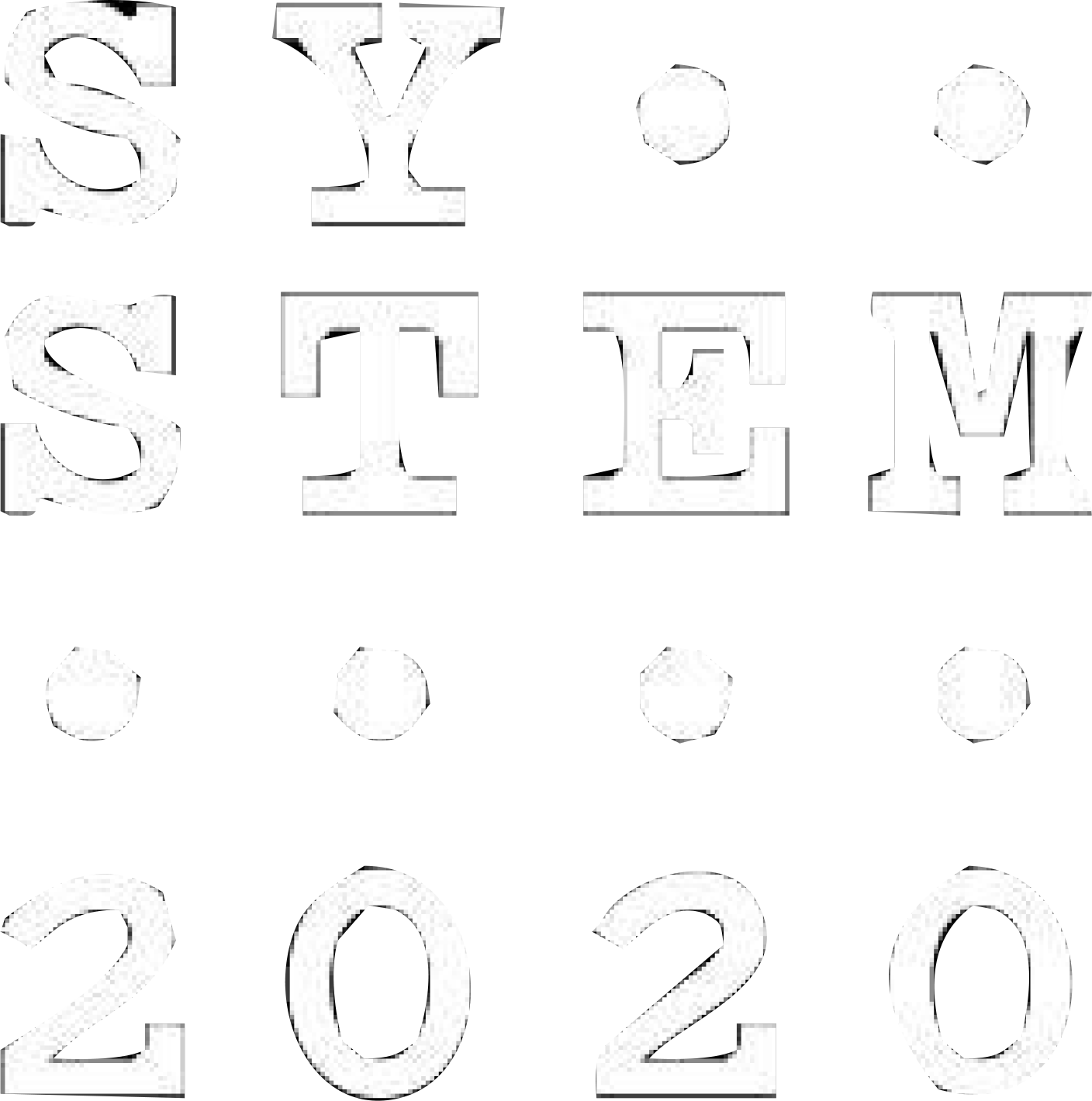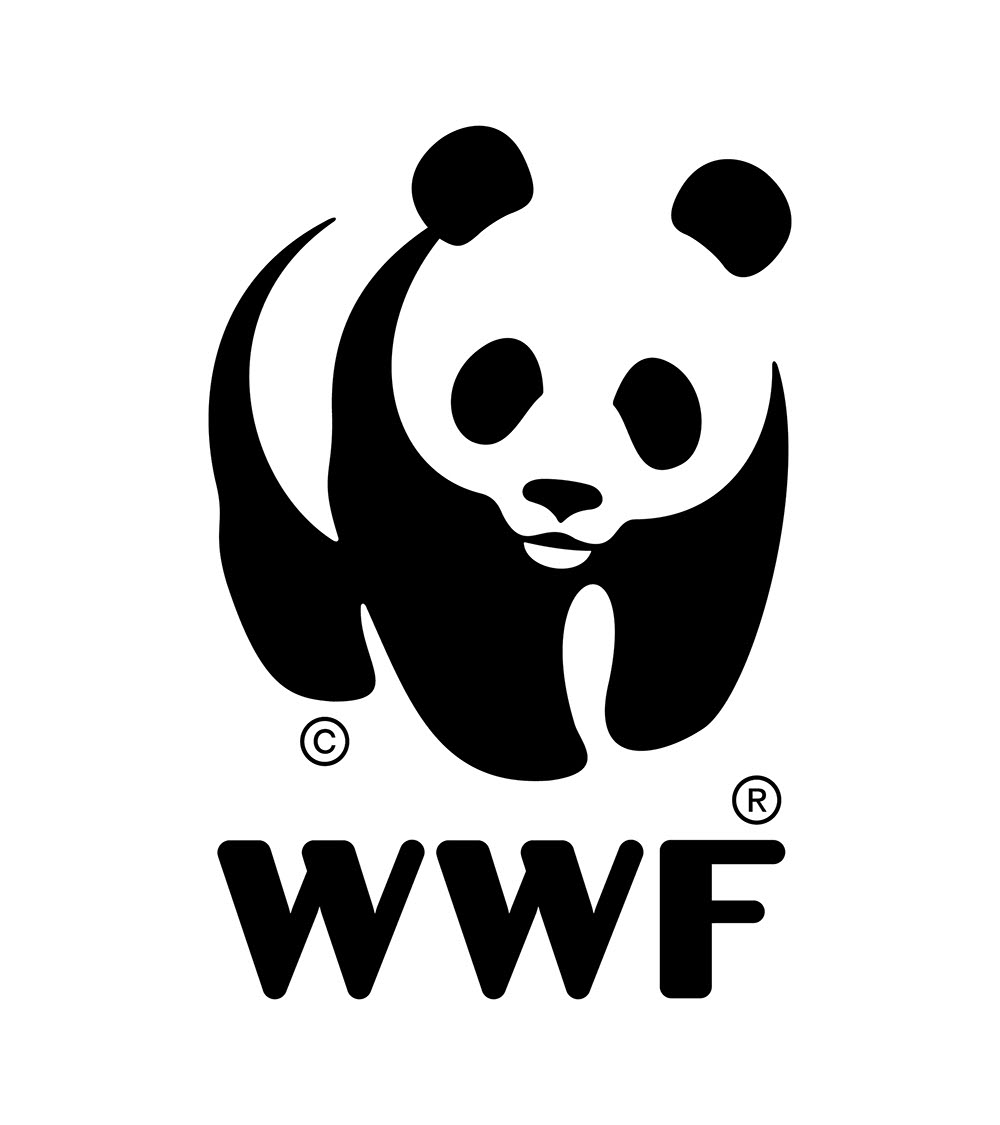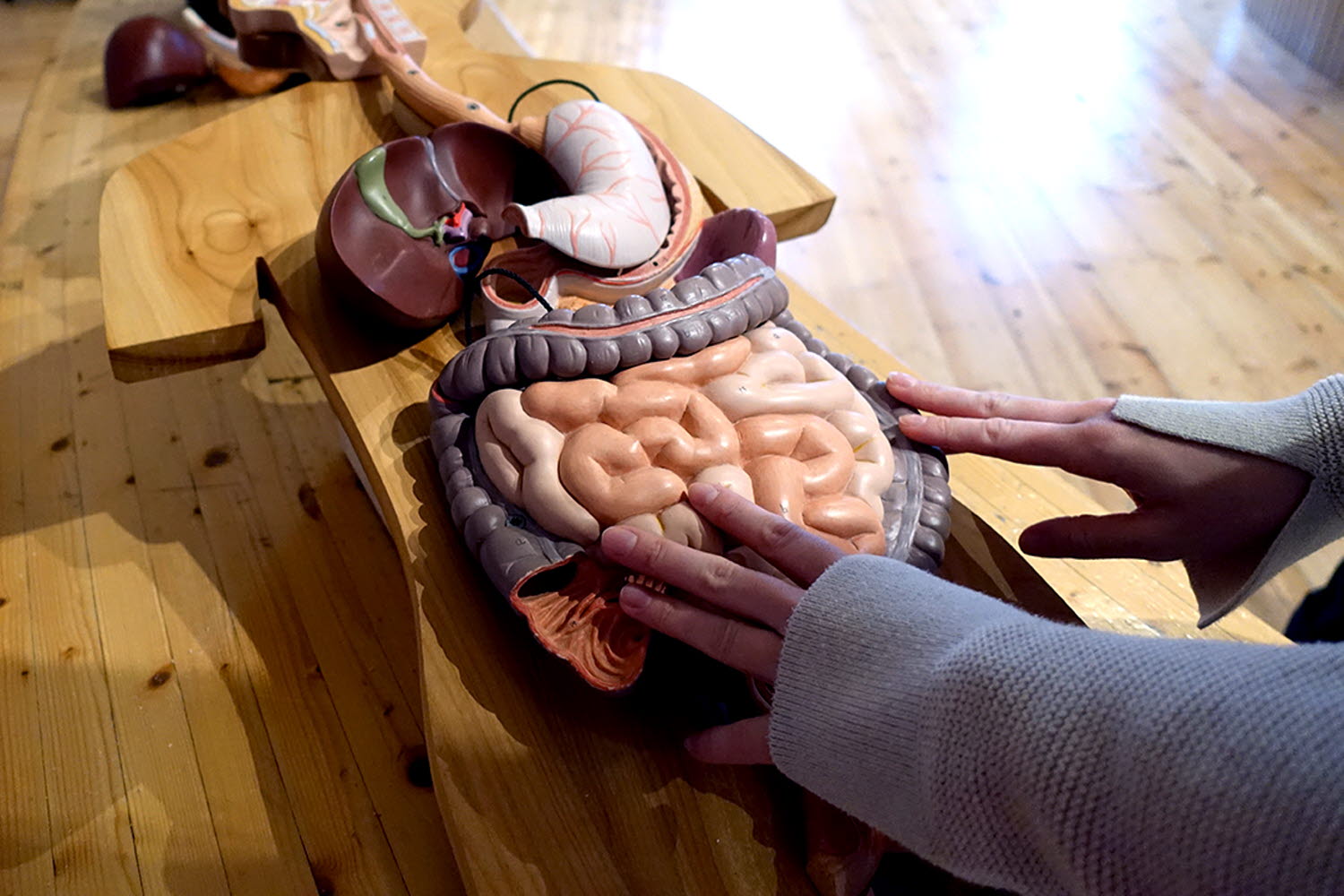
Digestion
What happens inside the body after you eat? Learn all about the digestive system and what nutrients the body absorbs from food.
The digestive system includes the liver, pancreas, gall bladder and gastrointestinal tract, the mouth, oesophagus, stomach, small intestine, large intestine, rectum and anus.
The digestive process starts as soon as you start chewing. Saliva breaks down food into pieces that are small enough to be swallowed. When the food reaches the stomach, it mixes with fluids and digestive juices before everything slowly travels down into the small intestine. Fluids from the pancreas, liver and small intestine mix with the food as it moves towards the large intestine.
Most nutrients are absorbed in the small intestine. Then it is time for the large intestine to finish the job and get rid of any excess water and create faeces that can travel to the rectum and be released comfortably. Here, you can learn more about human faeces.
During digestion, the body absorbs various nutrients from food:
Carbohydrates
Carbohydrates, or starch and sugar, start to break down in the mouth thanks to the digestive enzymes in the saliva. Carbohydrates turn into glucose and are absorbed in the small intestine. Carbohydrates give the body energy.
Protein
Protein starts to break down in the stomach. When it reaches the small intestine, it is transformed into amino acids and absorbed by the body. Protein is like the body’s building blocks. They build and repair cells, tissues and muscle mass. They also help to create hormones, enzymes and antibodies. Protein contains 20 different amino acids. The body cannot make eight of these acids on its own – it needs them from food. These are called vital or essential amino acids.
Fats
Fats start to break down in the stomach with help from the digestive fluids produced in the liver, as well as bile from the gall bladder. This takes place at the very bottom of the stomach, almost in the first section of the small intestine called the duodenum. Digestive enzymes in the gut break down the fat more into fatty acids and cholesterol. Cholesterol is a protein that helps transport fats into the bloodstream.
Fat is an important source of energy for our bodies, and we need the right amount of the right kind of fats to be healthy. We also need fat to build and repair cells in the body and to make sure the immune system, blood pressure and blood clotting work properly.
Vitamins
Vitamins are absorbed by the small intestine. They are then transported to the liver or stored in the body’s tissues.
Here is a list of vitamins and which parts of the body need them most:
- Vitamin A: Eyes and mucous membranes
- Vitamin B1: Metabolism and nerves
- Vitamin B2: Metabolism
- Vitamin B3: Metabolism, skin and nerves
- Vitamin B5: Metabolism
- Vitamin B6: Nerves and blood
- Vitamin B9: Blood and memory (brain)
- Vitamin B7: Metabolism
- Vitamin B12: Blood, nerves and memory (brain)
- Vitamin C: Connective tissues, wound healing and immune system
- Vitamin D: The skeleton
- Vitamin E: Cell membranes, blood
- Vitamin K: Blood clotting
Minerals and trace elements
The body also needs minerals or trace elements to work:
- Iron: To build red blood cells.
- Magnesium: Is needed for cells to work, the muscles and skeleton.
- Zink: For growth, wound healing, hormone production, enzyme processes and absorbing iron.
- Selenium: So the body can create a strong immune system.
- Calcium: For nerve functions, blood coagulation and formation of teeth and bones.
- Iodine: An element that can be found in two human hormones, thyroxine and triiodothyronine. These two hormones are created in the thyroid and regulate the metabolism. They also stimulate the body’s growth and development.
- Potassium: Essential for nerve signals and normal muscle and kidney function. It is also an important part of regulating blood pressure and is vital for all the body’s cells, especially the muscle cells.
- Copper: Included in oxidisation enzymes and is involved in the metabolism of iron, so we need it to survive.
So the digestive enzymes and stomach fluids break down food. Digestive enzymes are produced in glands around the digestive system. Glands can be found in the mouth, the lining of the stomach and the small intestine. They make it easier for the body to absorb the different substances it needs.
Nutrients are absorbed in different parts of the intestine system. Eventually they leave the body as waste. Digestion usually takes between 12 and 24 hours, depending on what you have eaten and how much you weigh.


